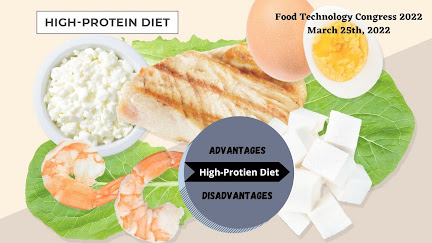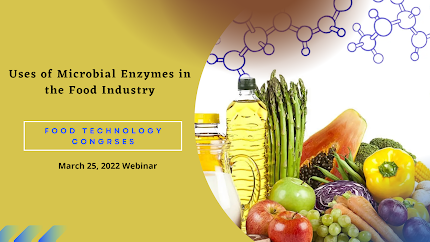What are the advantages and disadvantages of high protein diet?

A high-protein diet is one in which protein accounts for 20% or more of total daily calories. The majority of high-protein diets are high in saturated fat and severely limit carbohydrate intake. Lean beef, fowl or poultry, pig, salmon and tuna, eggs, and soy are examples of high-protein foods. High-protein diets have been criticised for perpetuating misconceptions about carbs, insulin resistance, and ketosis as a form of fad diet. Nutritionists have condemned the diet as harmful and imbalanced. The long-term effect of high-protein diets is neither consistent nor conclusive, according to a 2011 assessment. According to a 2014 assessment, high-protein diets derived from animal sources should be approached with caution. High-protein diets can raise blood ketones levels (ketosis), which can lead to high uric acid levels, which can cause gout and kidney stones . Protein poisoning is a type of metabolic disruption and death caused by a high protein intake (on the order of 200 g per day) com...
